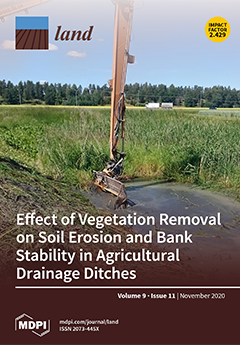Resource information
Agricultural intensification is considered essential for meeting growing demand for food and biomass for energy purposes. Intensifying grasslands is under-represented, although it is a promising option given their large land area and relatively low management levels. This study quantifies the bioenergy potential from intensifying temporary grasslands in Europe and the integral greenhouse gas emission effects in 2030. We first conducted a literature review of intensification options for European grasslands and then applied the environmental impact assessment model MITERRA-Europe to implement the key intensification option of using multi-species grass mixtures. The results showed that 853 kha (or 8%) of temporary grassland could be made sustainably available for additional biomass production. This can be translated into a bioethanol potential of 23 PJ yr−1 and an emission mitigation potential of 5.8 Mt CO2-eq yr−1 (if conventional grass mixture from surplus temporary grassland is used for energy) or 72 PJ yr−1 and 4.0 Mt CO2-eq yr−1 (if surplus temporary grassland is used for grassy energy crops). Although the bioenergy potential is limited, the key advantage of intensification measure is that it results in a better environmental performance of temporary grasslands. This makes it a key option for sustainably producing bioenergy in areas with high shares of temporary grasslands.


